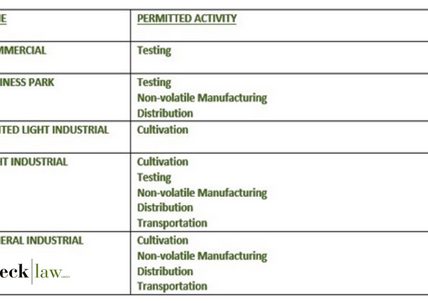 The National Association of Specialty Pharmacists (NASP) is in the process of creating a task force in order to investigate how they and other healthcare professionals can help assist the management of marijuana for their patients who use the plant for medicinal dedications.
The National Association of Specialty Pharmacists (NASP) is in the process of creating a task force in order to investigate how they and other healthcare professionals can help assist the management of marijuana for their patients who use the plant for medicinal dedications.
“Essentially, patients receive treatment from dispensaries, outside of their pharmaceutical [regimen] management, and we believe that a drug with such a broad scope should be managed effectively through the specialty pharmacist to ensure patient education and proper dispensing,” Gary Cohen, CEO of the National Association of Specialty Pharmacy explained.
The NASP intends to develop a framework for educational content as well as practice guidelines and standards of care relating to medical marijuana use with the ultimate goal of helping specialty pharmacists improve patient care.
 The task force volunteers, who will be overseen by NASP’s Professional Practice Committee, will also identify areas of integration with current specialty prescription therapy for patients with chronic diseases.
The task force volunteers, who will be overseen by NASP’s Professional Practice Committee, will also identify areas of integration with current specialty prescription therapy for patients with chronic diseases.
“Medical marijuana has come to the forefront of patient care in many of the diseases that specialty pharmacists treat, including multiple sclerosis, cancer, HIV, and others,” Cohen said. “More education for physicians, pharmacists, and patients is needed to ensure individuals receive the correct product with the correct efficacy and drug-delivery system to fit their disease. As an organization, NASP believes that it has the responsibility, intellectual advisors, and obligation to take the lead on this emerging area of medical care.”
According to the NASP, national standards for the pharmaceutical management of medical marijuana are currently nonexistent.
(c) The 420 Times – Read entire story here.



